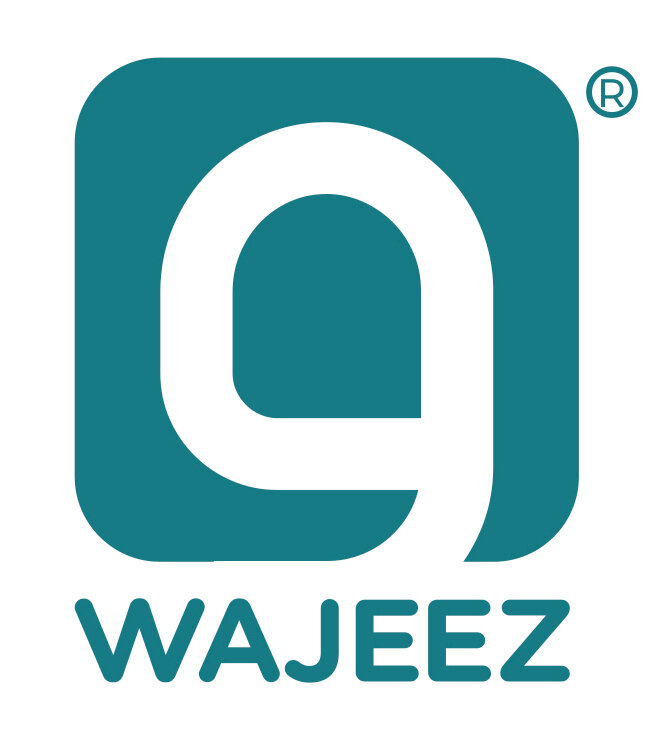To support regional fundraising efforts, we are happy to open-source our Model Term Sheet to be launched by the SAVCPEA. Our Term Sheet was inspired by the NVCA’s version and adapted to MENA’s jurisdiction with the assistance of Latham & Watkins and the Law Office of Salman M. Al-Sudairi, for any entrepreneur in the MENA region to use. The document acts as a basis for fundraising negotiations, and includes the most important and commonly used terms applicable to the MENA region.
Over the past few years, we have been fortunate to work with many world-class entrepreneurs. However, while we deal with term sheets on a day-to-day basis, entrepreneurs are often new to the whole fundraising exercise.
The fact that there is no Model Term Sheet does not help. Yes, there are international term sheet templates available, but those are rarely tailored to the MENA region. This often makes it unnecessarily challenging to fundraise, and takes time away from entrepreneurs building their core business.
To address this challenge, we are happy to open-source our Model Term Sheet to the Saudi VCPE Association (SAVCPEA) for anyone to use. This Model Term Sheet was initially created for internal purposes with the assistance of Latham & Watkins and the Law Office of Salman M. Al-Sudairi. Most importantly, these trusted legal partners have based the terms on NVCA standards and made them applicable to the MENA region’s legislative environment.
Of course, in true open source fashion, we encourage founders to modify, add, and remove terms based on their situation and preferences, but we believe that this is a solid and comprehensive starting point for any fundraising exercise in the region. A template of the term sheet can be downloaded for free in PDF and Word format.
We are excited to see what the future holds – happy fundraising!






















